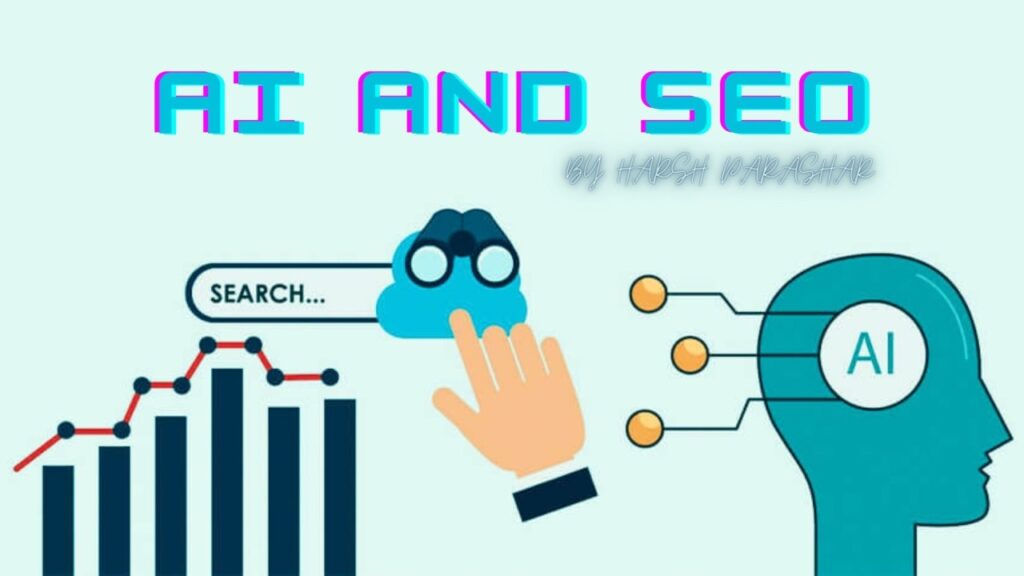In the ever-evolving landscape of digital marketing, the intersection of Artificial Intelligence (AI) and Search Engine Optimization (SEO) has ushered in a new era of efficiency and effectiveness. AI, particularly through its subset of Machine Learning (ML), is fundamentally transforming how businesses approach SEO strategies.
One of the most significant impacts of AI in SEO is its ability to analyze vast amounts of data with unprecedented speed and accuracy. Machine Learning algorithms can process and understand complex patterns in user behavior, search queries, and content performance. This deep analysis enables AI-powered tools to predict trends and recommend optimizations that traditional methods might overlook.
Furthermore, AI enhances the user experience by personalizing search results based on individual preferences and behaviors. Search engines leverage ML to deliver more relevant content to users, improving engagement and satisfaction. This personalization not only boosts user retention but also enhances conversion rates for businesses.

Moreover, AI-driven algorithms continuously update themselves based on new data, which helps in adapting to changes in search engine algorithms and user trends. This adaptability is crucial in SEO, where staying ahead of competitors often hinges on quickly adjusting strategies in response to updates from search engines like Google.
In content creation, AI tools assist in generating optimized content by identifying relevant keywords, analyzing competitor strategies, and predicting content performance metrics. This capability streamlines the content creation process, making it more efficient and effective.
Overall, the integration of AI and Machine Learning in SEO represents a paradigm shift from traditional SEO practices to more data-driven, dynamic strategies. Businesses that embrace AI technologies in their SEO efforts are poised to gain a competitive edge in the digital marketplace by delivering more targeted, engaging content to their audience.
As AI continues to evolve, its role in SEO will likely expand further, shaping the future of digital marketing strategies and how businesses connect with their audiences online. Embracing these technologies now positions businesses to not only survive but thrive in an increasingly competitive digital landscape.
 Clear My Certification All Certification Exam Answers
Clear My Certification All Certification Exam Answers



